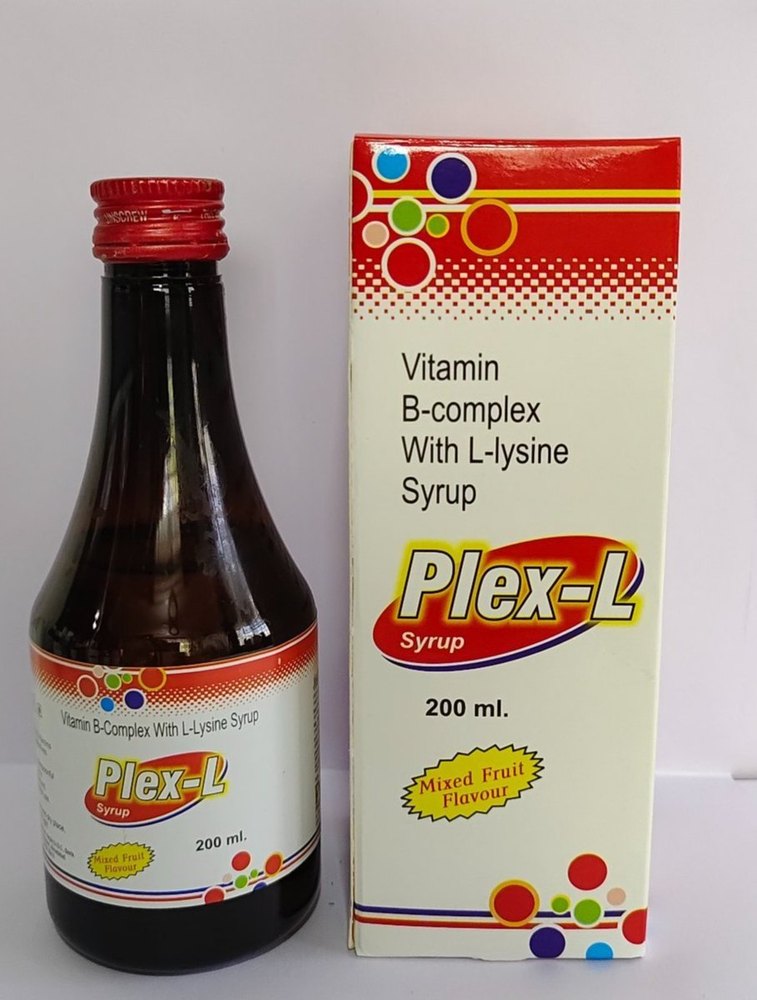Retino A
Retino A 0.025% Cream is manufactured by Johnson & Johnson Ltd. Its generic name is Tretinoin Topical, and it’s available in Nepal. This information from Farmaco Nepal drug index is for general knowledge and is not intended for diagnosis, medical advice, or treatment, nor should it substitute professional medical judgment.
Description
Retino A Cream (Tretinoin Topical) – Product Information
Indications
Retino A Cream is used topically to treat:
- Acne vulgaris
- Mottled hyperpigmentation
- Roughness and fine wrinkling of photodamaged skin
Dosage and Administration
Adults:
- Acne Vulgaris: Apply a thin layer to the affected area once daily, usually at bedtime. Before application, the skin should be cleansed to remove excess oil and thoroughly dried. A therapeutic response may be seen after 6-8 weeks of consistent use.
- Mottled Hyperpigmentation, Roughness, and Fine Wrinkling of Photodamaged Skin: Apply a pea-sized amount to the entire face once daily at night. A therapeutic response may be observed after 6 months of consistent use.
Children:
- Acne Vulgaris:
- Under 12 years of age: The safety and effectiveness of Retino A Cream have not been established.
- Over 12 years of age: Apply once daily, usually at bedtime, onto the affected area.
Renal Dose: (Information not provided in the original text)
Contraindications
Do not use Retino A Cream if you have:
- Hypersensitivity to retinoids.
- Eczematous, sunburned, or abraded skin.
- Are pregnant or lactating.
Precautions
- Avoid using other topical applications simultaneously, especially keratolytic agents (products that cause skin peeling).
- Limit exposure to sunlight, UV light, and extreme weather conditions (e.g., severe cold).
- Keep the cream away from your eyes, mouth, corners of your nose, mucous membranes, or open wounds.
- If you experience severe local redness (erythema), swelling (edema), blistering, or crusting, reduce the frequency of application or discontinue use.
- Avoid harsh skincare products, including medicated or drying soaps, abrasive soaps and cleansers, frequent washing, and vigorous scrubbing.
- Do not use topical preparations with high concentrations of alcohol, menthol, spices, or lime.
Pregnancy and Lactation
Retino A Cream is contraindicated during pregnancy and lactation.
Interactions
- Minoxidil: Retino A Cream may enhance the percutaneous absorption of minoxidil.
- Antifibrinolytics: There’s an increased risk of fatal thrombotic complications when used with antifibrinolytics.
- Azole Antifungals: Concurrent use with azole antifungals may increase tretinoin concentrations in the body.
- Peeling Agents: It may enhance the peeling action of sulfur, resorcinol, benzoyl peroxide, and salicylic acid.
- Photosensitizing Medications: Using Retino A Cream with medications that cause photosensitivity (e.g., thiazides, tetracyclines, fluoroquinolines, phenothiazines, and sulfonamides) can increase your sensitivity to sunlight.
- Potentially Fatal Interaction: There’s an increased risk of intracranial pressure when used with tetracyclines.
Adverse Effects
Common side effects of Tretinoin Topical include:
- Initial exacerbation of symptoms (e.g., acne flare-up).
- Skin irritation, stinging upon application.
- Swelling (edema), blistering, crusting of the skin.
- Redness (erythema), scaling.
- Photosensitivity (increased sensitivity to sunlight).
- Temporary hypo/hyperpigmentation (lightening or darkening of the skin).
Mechanism of Action
Tretinoin is a trans-retinoic acid form of Vitamin A. It works by:
- Stimulating mitosis and turnover of follicular epithelial cells, which reduces their cohesiveness. This helps to expel existing comedones (blackheads and whiteheads) and prevents new ones from forming.
- Thinning the stratum corneum, the outermost layer of the skin.
- In acute promyelocytic leukemia, tretinoin induces cellular differentiation and decreases proliferation.
Note:
Retino A 0.025% Cream is manufactured by Johnson & Johnson Ltd. Its generic name is Tretinoin Topical, and it’s available in Nepal. This information from Farmaco Nepal drug index is for general knowledge and is not intended for diagnosis, medical advice, or treatment, nor should it substitute professional medical judgment.






Reviews
There are no reviews yet.